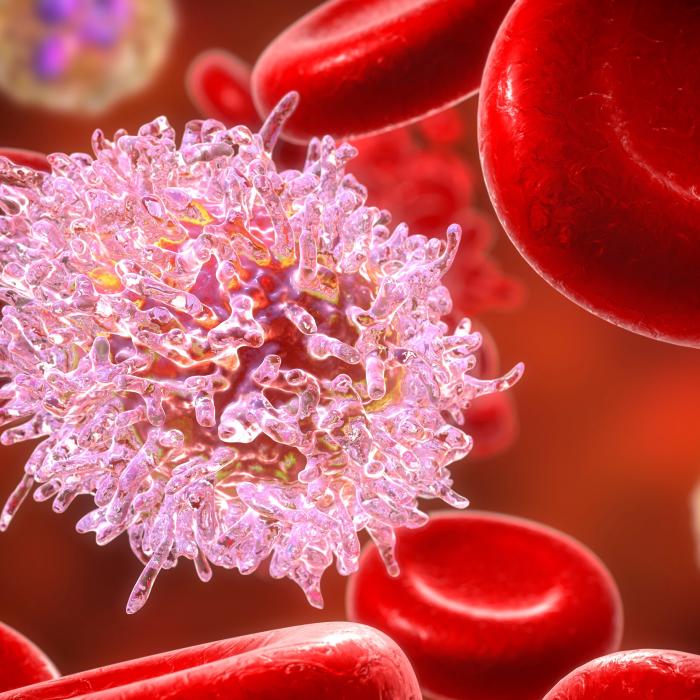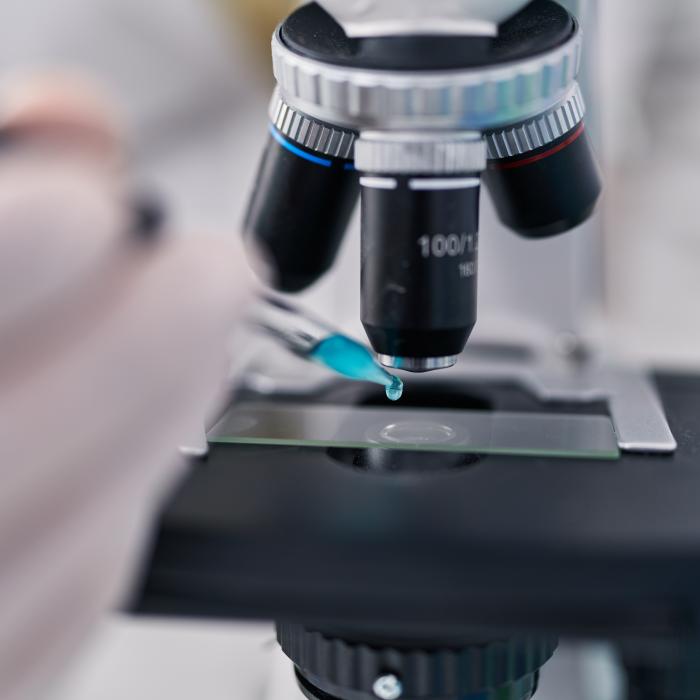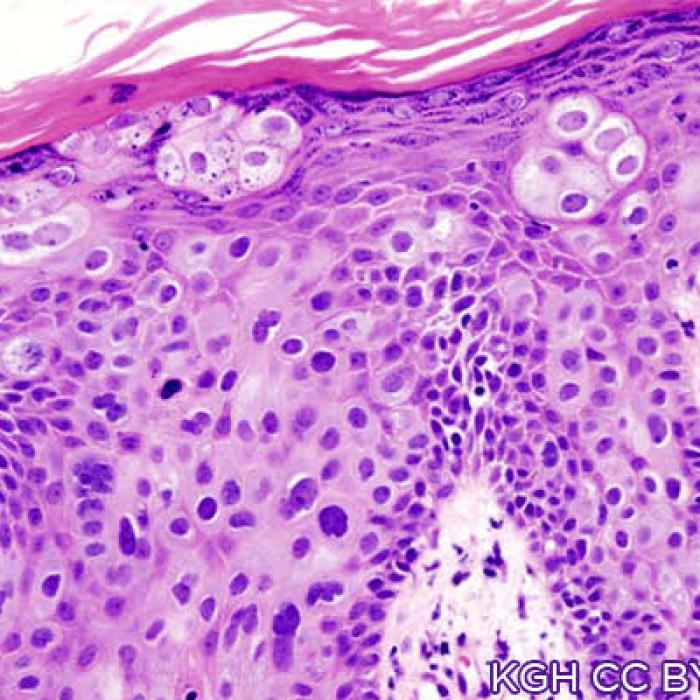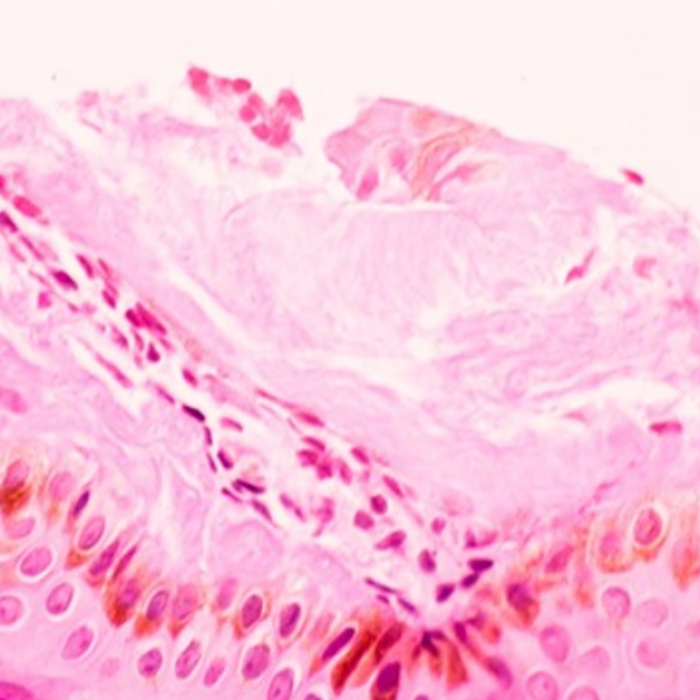Monday Lunch Live
5 May 2025 (Video recording below)
Epithelial to mesenchymal transition (EMT) is a process where certain cells that line the body’s surfaces including skin and organs, called epithelial cells, change into a more flexible and mobile type called mesenchymal cells. When epithelial cancer progresses, the EMT process enables cancer cells to invade, migrate and metastasise. Cancer cells undergoing EMT have also been linked to treatment resistance and can evade the immune system.
Since EMT happens in epithelial cells, it hasn’t usually been linked to blood cancers, which don’t come from epithelial tissue. But new research shows that some of the key players in EMT might also be important in how blood cells grow, and how blood cancers develop.
This webinar will explore this new idea and look at what we currently know about the role of EMT in blood cancer, how it affects treatment, and what it could mean for the future.
Chair
Associate Professor Mary Ann Anderson
Consultant Haematologist, Peter MacCallum Cancer Centre; Royal Melbourne Hospital
Clinician Scientist, WEHI
Associate Professor Mary Ann Anderson graduated with an MBBS from the University of Melbourne in 2003, obtained dual Fellowships from the Royal Australasian College of Physicians and the Royal College of Pathologists of Australasia in 2011, and completed her PhD at the University of Melbourne in 2017.
Speaker
Dr Catherine Carmichael
Head of the Leukaemia Modelling and Therapeutic Discovery research group, Hudson Institute of Medical Research
Dr Carmichael's research focuses on identifying key molecular and biological processes underpinning both normal and malignant blood cell development, and using sophisticated cellular and animal modelling approaches to identify therapeutically targetable molecular and biological dependencies of leukaemia cells.
Dr Carmichael is the recipient of a Mid-Career Research Fellowship, supported by the Victorian Government.
Resource details
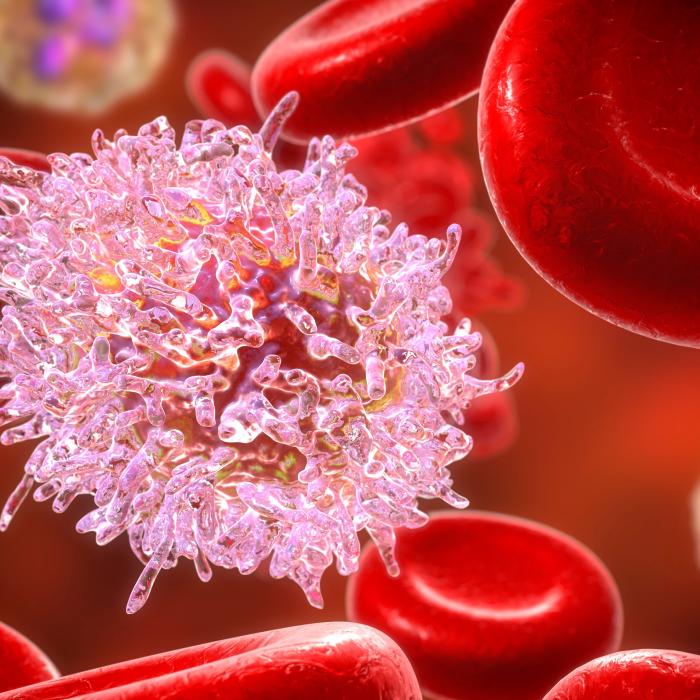
This course is brought to you by

